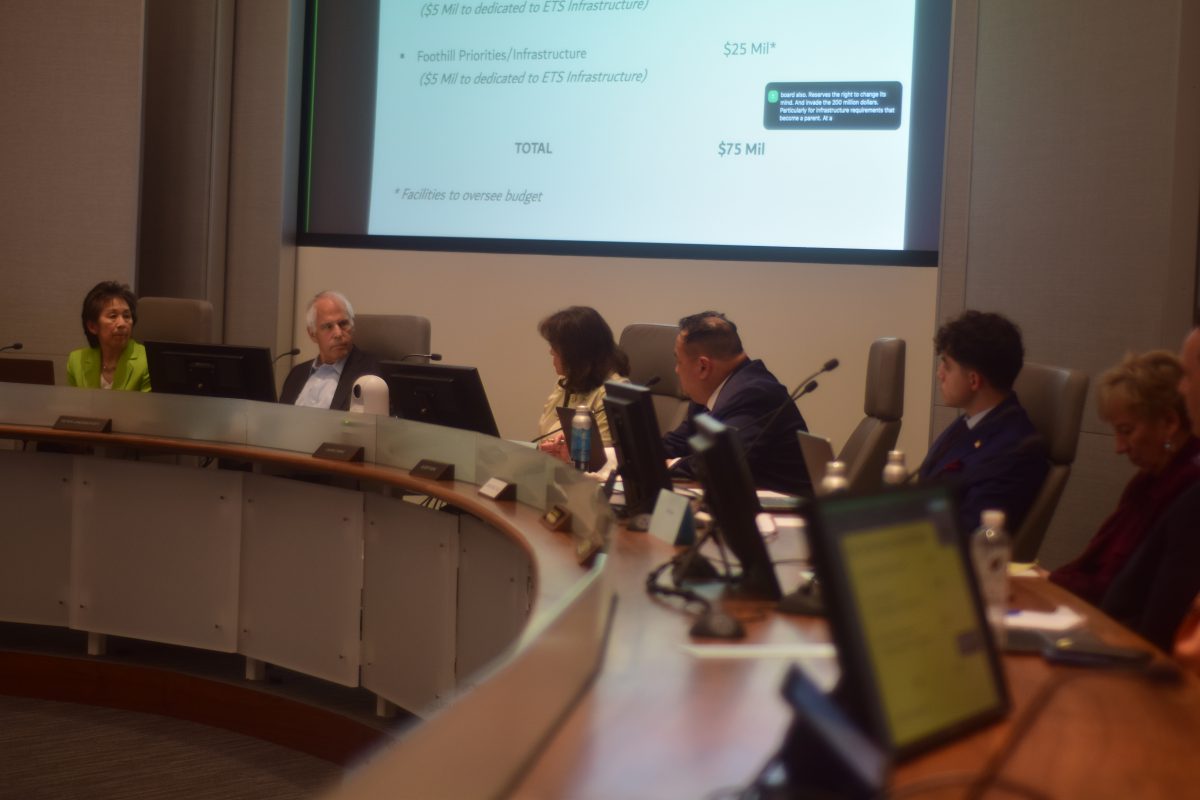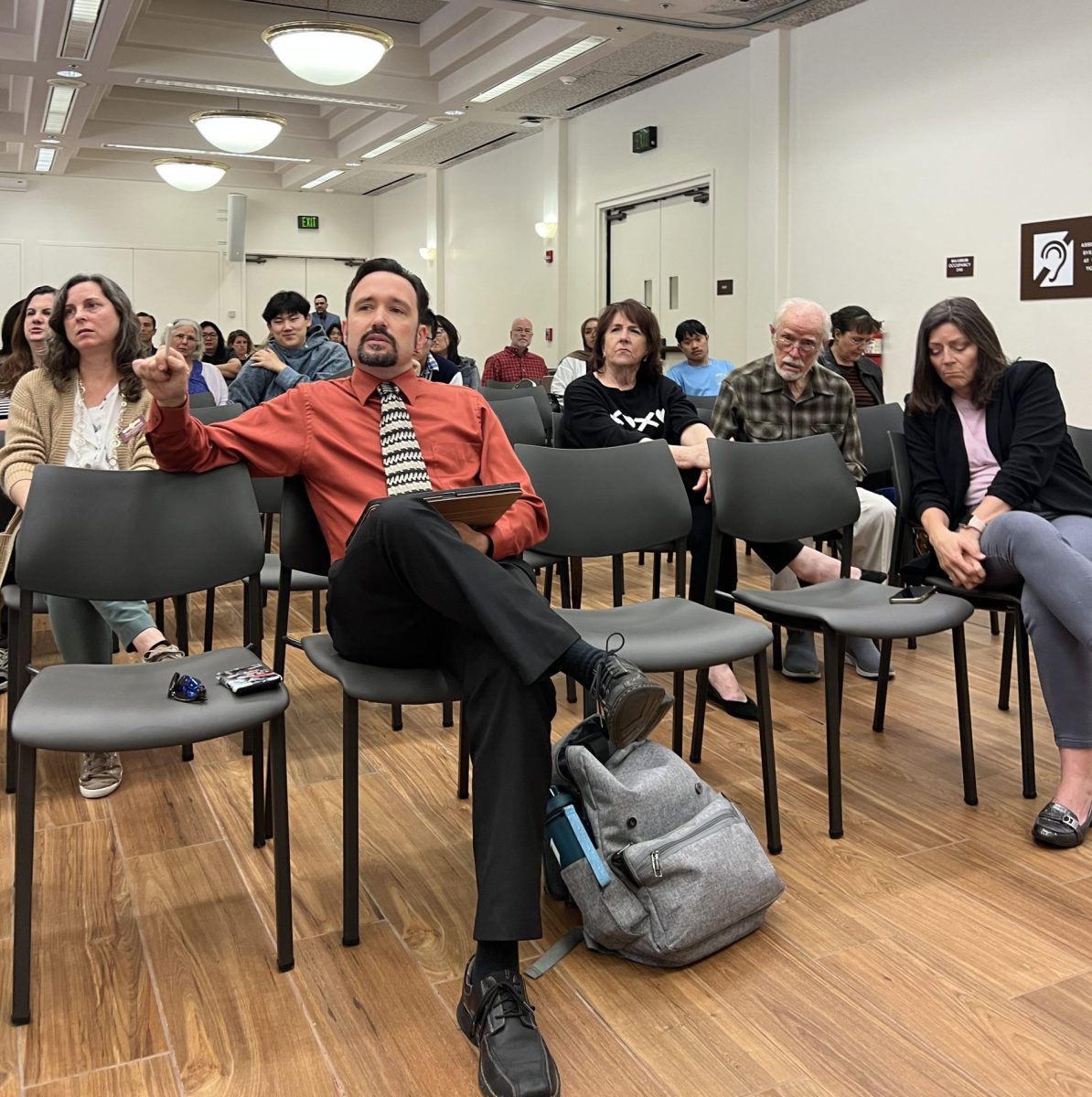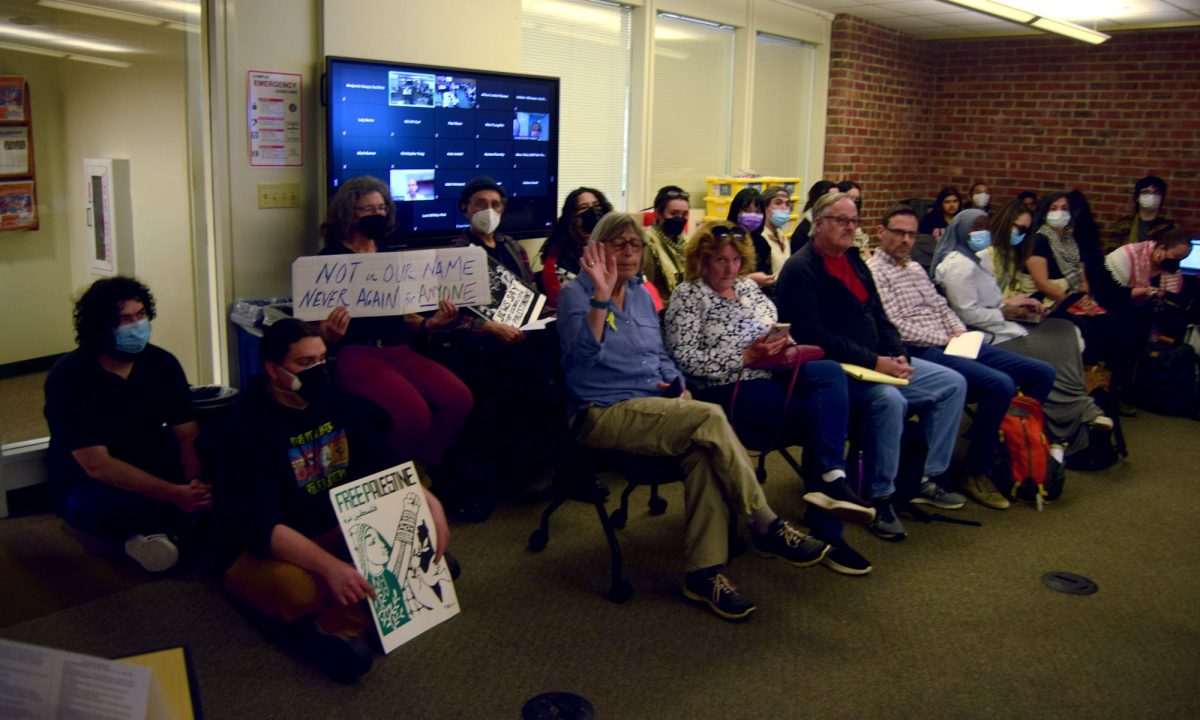The Student Success Task Force released 73 pages of draft recommendations that propose sweeping changes to the California Community College system Sept. 30. The ramifications of these recommendations, ranging from changes to registration priority to class funding, have only now come to light.
The task force recommends students agree to an education plan that will lay out a guide for the student’s schedule, guiding to either an associate degree or a transfer to a four-year school within two years upon enrollment in college. The task force mandates that students agree to an education plan by the end of their first year in college.
Academic Senate President Karen Chow said at a Nov. 28 De Anza College Academic Senate meeting that she thinks the recommendation is likely to result in an increased drain on student service resources, which are already underfunded, as students will require more counseling. She said the proposed plan may actually diminish student success if students lose interest and do not have a flexible education system to allow for class experimentation.
In addition, the task force recommends changing conditions for priority registration to place new students, who have agreed to an education plan, above older or returning students without plans and pushing students who already have more than 100 units to the lowest registration priority.
Amy Leonard, De Anza English instructor, said the education plan has been proven in the California State University system as a means to push students out with a degree of any kind in four years. “That’s what I feel; they are trying to do to us,” she said.
The task force also recommends the state Board of Governors to use their fee waiver as a means to “incentivize” students to succeed by placing GPA and “satisfactory progress standards” limits on the waivers.
The waiver will become inaccessible to students who fail to meet the currently undefined “institutional satisfactory progress standards” and will apply to only the student’s first 110 semester units. The task force estimates that limiting the waivers will save the state approximately $89 million and proposes using the savings to fund other recommendations.
However, at the Nov. 16 Oakland task force panel, De Anza student trustee Emily Kinner said this creates a “vicious circle and contradiction,” where students who are forced to take classes outside of their education plan to maintain full-time status, or risk losing financial aid, are “penalized” for not pursing their education goals and run into the BOG fee waiver cap, diminishing their success.
“There is no data to support that these recommendations will actually make students more successful,” said Kinner.
Further recommendations include; allowing the board of governors to appoint vice chancellors and deans; establishing a “longitudinal student record system” to monitor students from elementary school into the workplace post graduation; requiring students to take a diagnostic assessment; and requiring students to participate in support courses if they are shown to lack “college knowledge, or awareness and understanding of the college culture,” or “time management and the ability to work independently” after the diagnostic assessment.
While the full ramifications of these recommendations are not yet fully understood, Chow said, “This has the potential to fundamentally change our campus culture.”
Changes have been made to the proposed recommendations however; consolidated categorical program funding has been removed along with restrictions to non-credit courses. Restrictions, which proposed to create a tiered course cost and fee system for students, have been removed as well. The proposed alternative funding model for basic skills courses has also been removed.
Changes to the recommendations were made following feedback from the community college community in the month of November.
Information on the task force, the draft recommendations document, and list of task force members can be found here, http://californiacommunitycolleges.cccco.edu/PolicyInAction/StudentSuccessTaskForce.aspx








